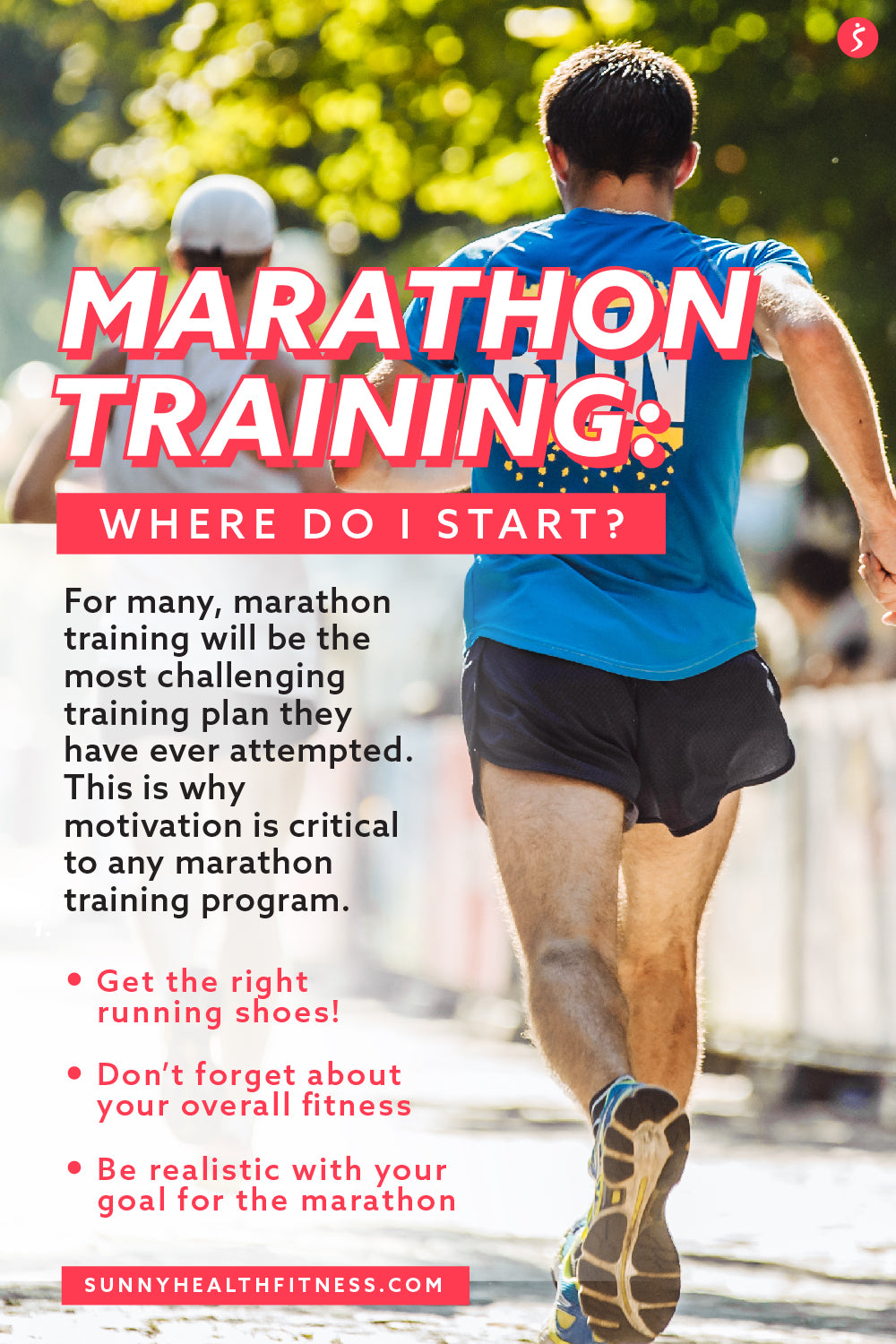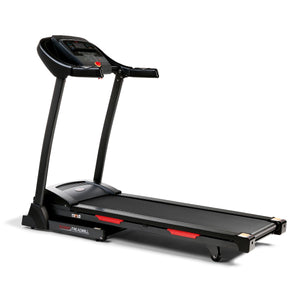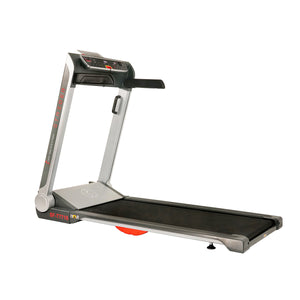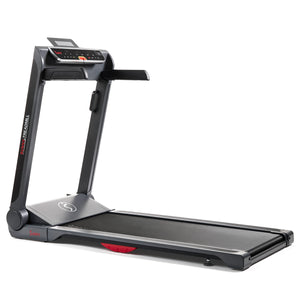Before you venture further down your marathon training path, I encourage you to spend some time thinking about why you chose to take on one of the most difficult tests of human performance. I say this because knowing why you are embarking on the arduous path towards accomplishing a run of 26.2 miles, is one of the best ways to continue to stay motivated. A strong “why” is the corner stone to finding the motivation to continue any health and fitness journey. For many, marathon training will be the most challenging training plan they have ever attempted. This is why motivation is critical to any marathon training program. There are so many obstacles that could derail even the most fine-tuned marathon training programs. Having the continued motivation to start and finish a marathon training program will help you overcome these obstacles. If you find yourself struggling to stay motivated, I would encourage you to listen to our two 9 to 5 Fitness Podcast episodes on motivation and some tips to stay motivated along your health and fitness journey. Many continue to stay motivated by the achievement of finishing a marathon, others stay motivated by the potential health and social benefits of engaging in the running culture.
Once you have the motivation to get started, you will be joining millions of runners around the world as they get ready for their upcoming marathon events or races. Most of these runners who are training for a marathon will have a plan to help them perform their best during the race to come. How do you know what plan is best for you? Any good program will be based off you running experience. To put it simply, what does your running performance look like today? Can you run? How far and how frequently are your running? If you can’t run or have not engaged in running activity as part of a regular exercise program at any point in your life, then the best way to get started is to make sure your body can withstand the repetitive stress of running on a hard surface, and then start running!
Many marathon training programs are going to be systematically programmed to slowly increase your weekly mileage to help you reach the 20+ mile mark during a training run towards the end of a three to six month plan. Depending on your current running abilities, you may be able to start with a more frequent and high volume training program. If a marathon training program is going to be your first real running program, you may need to plan a longer term plan that could be up to a year in length. A good training plan will encourage you to participate in shorter running events to help you get used the planning and preparation of a race day. Taking part in 5k runs, 10k runs, and half marathons can be valuable training experiences.
Most people can start a marathon training program, but those who don’t consider the potential obstacles during their training can suffer the disappointment of not being able to finish their training. This can put you at risk for not being prepared physically to complete your marathon. Here are a few marathon tips to help your training go as smooth as possible.
Get The Right Running Shoes!
You could try to run a marathon in heels, sandals, or even go barefoot. In fact, during my last marathon, I was passed by someone who was running barefoot! For most of us, running in anything but a supportive, cushioned, and appropriately sized running shoes would be a miserable experience and could lead to significant pain and potential injury. If you are unsure on what shoe to purchase, head over to your local running shoe store and get some advice on the right shoe for you.
Don’t Forget About Your Overall Fitness
Running requires lower body strength, balance, core stability, cardio vascular strength and endurance, and good running technique. Failing to consider your weaknesses in these areas will impede you physical performance. Spend some time working on these areas and don’t just rely on pounding out your weekly miles.
Be Realistic With Your Goal For The Marathon
If you are running your first marathon and you have very little to no running experience, you should consider finishing the marathon safely as your primary goal no matter how long it takes. Usually how well you stick to your training program will help you determine what your potential goal time for the marathon might be. If you have some running experience doing other shorter races, be aware that your marathon pace will be significantly slower than your shorter race pace. For some people, a marathon pace that is 1 minute per mile slower than their 5k pace would be an acceptable goal to achieve. For my first marathon, I was happy just finishing.
Another great way to get your mind and body ready for 26.2 miles is to hear from the experiences of others. Take a listen to our podcast episode on how two nine to fiver’s trained for a marathon in four months.

























Add Your Name & Email
Please enter your name and email to continue.We won’t display your email publicly.